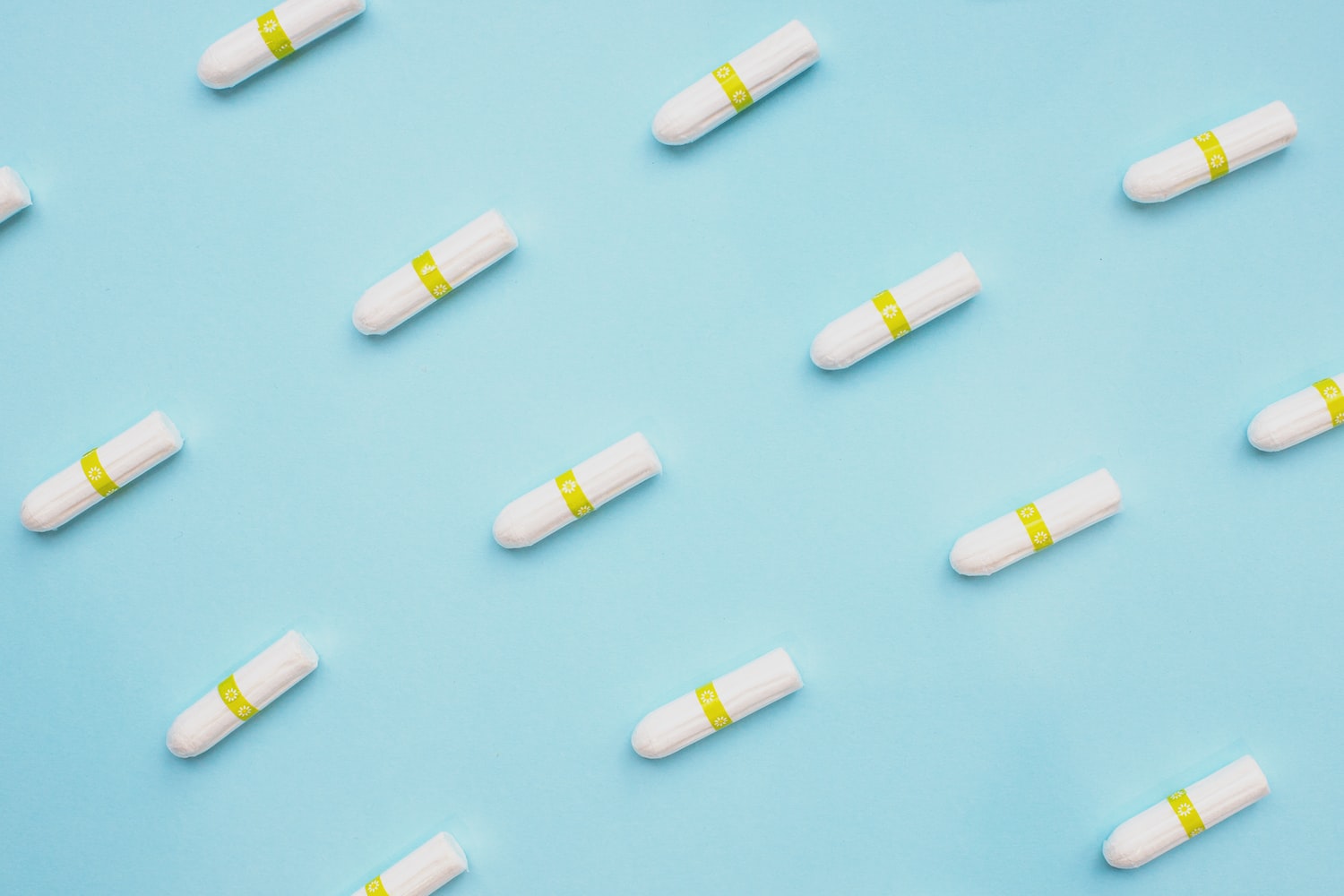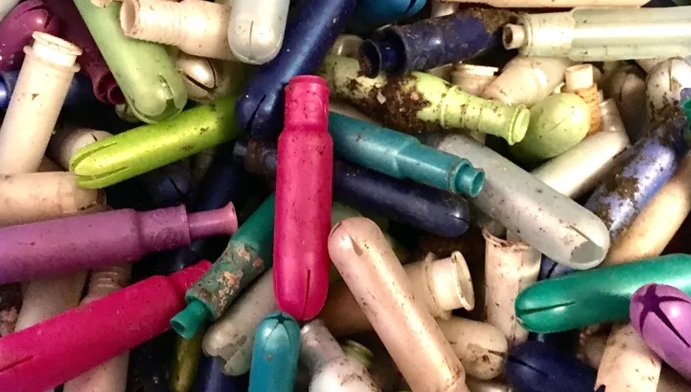While the city’s environmental efforts are a progressive step towards combatting climate change, women’s groups are concerned that taking plastic applicator tampons off the shelves contributes to ‘menstrual poverty’ for those unable to afford greener alternatives.
On January 1, Mexico City enforced a single-use plastic ban, making it illegal for retailers to stock bags, forks, cups, balloons, straws, and sanitary products made from the material.
This is because the country is home to 126 million people who produce over 6,000 tons of plastic waste annually, most of which sits in landfills for up to 150 years.
While this effort to prevent waste is of course a progressive step forward in the fight against climate change, advocates are arguing that it ignores the needs of women and creates a system in which dignified menstruation becomes a privilege, not a right.
This is a hostile move that hurts women. Once upon a time, most tampon applicators were made of cardboard. Given enough notice, you’d think producers could adapt to the no-plastics rule. Instead Mexico City yanks product from shelves. https://t.co/HASNdH28Q0
— Amy Guthrie (@Amy_GuthrieDF) February 12, 2021
The ban, which prohibits the sale of tampons until their plastic applicators are replaced by more environmentally friendly alternatives, has left menstruating citizens in uproar, scrambling to find the monthly necessity before it completely disappears off the shelves.
‘This is punishing women,’ student Chiara Gómez told the Financial Times in response. ‘I didn’t know they were going to do this – a lot of people depend on them.’
Gómez is just one of Mexico City’s five million female residents who were taken by surprise when, seemingly overnight, the majority of stocked tampons were removed from stores across the city, deemed ‘non-essential’ by the government.
Mexico City has official banned tampons… as it's considered single-use plastic and nonessential. We're in the middle of a pandemic where products are already a luxury and now people in Mexico city no longer have the option to buy them. I'm once again disappointed.
— Jaz
(@JazmineMPerez) February 10, 2021
Spearheading the ban is climate change scientist and the city’s first-ever female mayor, Claudia Sheinbaum, who continues to stand by her decision, calling it a key part of the green agenda she has pursued since taking office in 2018.
She has not, however, acknowledged that the ban creates a phenomenon of ‘menstrual poverty’ whereby those without the means to pay for ‘greener’ products must go without.
This is in a country where the Coronavirus pandemic has pushed an estimated 10 million more people into poverty and in a city where 260,000 homes don’t have access to clean, running water.

The move could be detrimental for those with lower incomes, which is worrying because school and work absenteeism will increase dramatically as a result.
Unfortunately, rather than striving to ensure equity among these women, Sheinbaum has instead placed the onus on manufacturers to make them more affordable.
‘It seems to us that it is part of the commitments that entrepreneurs should assume,’ she said.





















